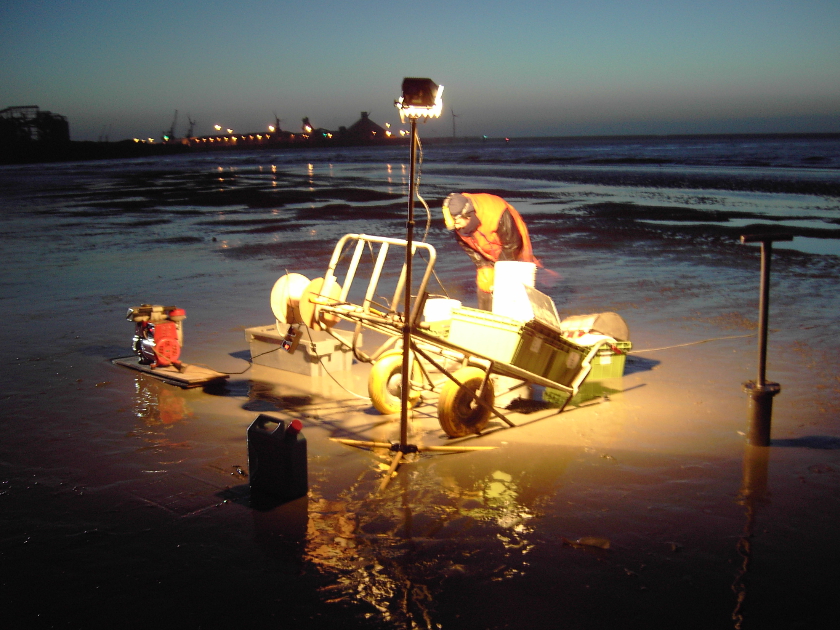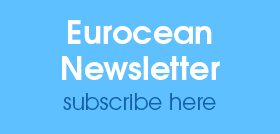Identify research projects and their results

Policy
Blue Growth is Europe’s long term strategy to support sustainable growth in the marine and maritime sectors as a whole. Five sectors have been identified as areas where there is a strong growth potential: aquaculture, coastal tourism, blue biotechnology, ocean energy and seabed mining.
The Report on the Blue Growth Strategy, published in March 2017, took stock of the strategy´s implementation in the period 2013 to 2016 and looks towards future challenges.
Safeguarding the marine environment is a key policy of the European Union. The Marine Strategy Framework Directive adopted in 2008 is the key piece of legislation which aims to achieve this.
Planning how best to use ocean space is the focus of the Marine Spatial Planning Directive adopted in 2014. This Directive provides a framework and a set of minimum common requirements that Member States must adhere to in developing their national Marine Spatial Plans.
The Common Fisheries Policy is a set of rules for managing European fishing fleets and for conserving fish stocks. It aims to ensure that fishing and aquaculture are environmentally, economically and socially sustainable and that they provide a source of healthy food for EU citizens. The most recent update of the CFP took effect in January 2014.
A 2017 report by CPMR, a Eurocean cooperating member looks at how it expects the EU´s maritime policy to develop post 2020.
Funding
Interreg (European Territorial Cooperation) is part of the regional policy of the European Union and has the goal of improving economic, social and territorial development across the Union. Funding for projects is available through its programmes, the current one known as INTERREG V (2014-2020).
Projects with a marine interest are funded through its sea basin programmes:
H2020 is the European Union´s framework programme for research and innovation (2014-2020). It funds projects across a wide number of areas and supports both individual researchers and large consortiums of organisations. Marine relevant research is funded through a range of its sections and activities. It is a successor to the Framework 7 (FP7) programme which ran from 2007 to 2013. EurOcean participates in a number of these framework programme funded projects.
Information on marine relevant projects funded by Interreg, FP7 and H2020 among others can be found in the Marine Knowledge Gate 2.0
Assessments
A summary brochure on how various countries and organisations are performing in the EC funded programmes LIFE, INTERREG V and HORIZON2020 as of March 2017
Report on Eurocean, AquaTT (COLUMBUS operational leader) and Marine South East organised workshop on Marine Knowledge Transfer and Innovation: Learning from Regional and European Initiatives held on May 16th 2017 at NOC facilities in Southampton, UK
Report on EurOcean and CPMR organised seminar and discussion held at the European Parliament on October 13 2016 to explore how methods, processes and engagement in knowledge exchange between different stakeholders concerned with Blue Growth could be improved
Evaluation of and key facts and figures of the European Union’s 7th framework programme (2007-2013) for research and innovation.
Marine Science and Technology Projects funded under the 6th Framework Programme of the European Community [pdf]: An independent Statistical Overview by EurOcean
Status of implementation of the Marine Strategy Framework Directive (2014)



